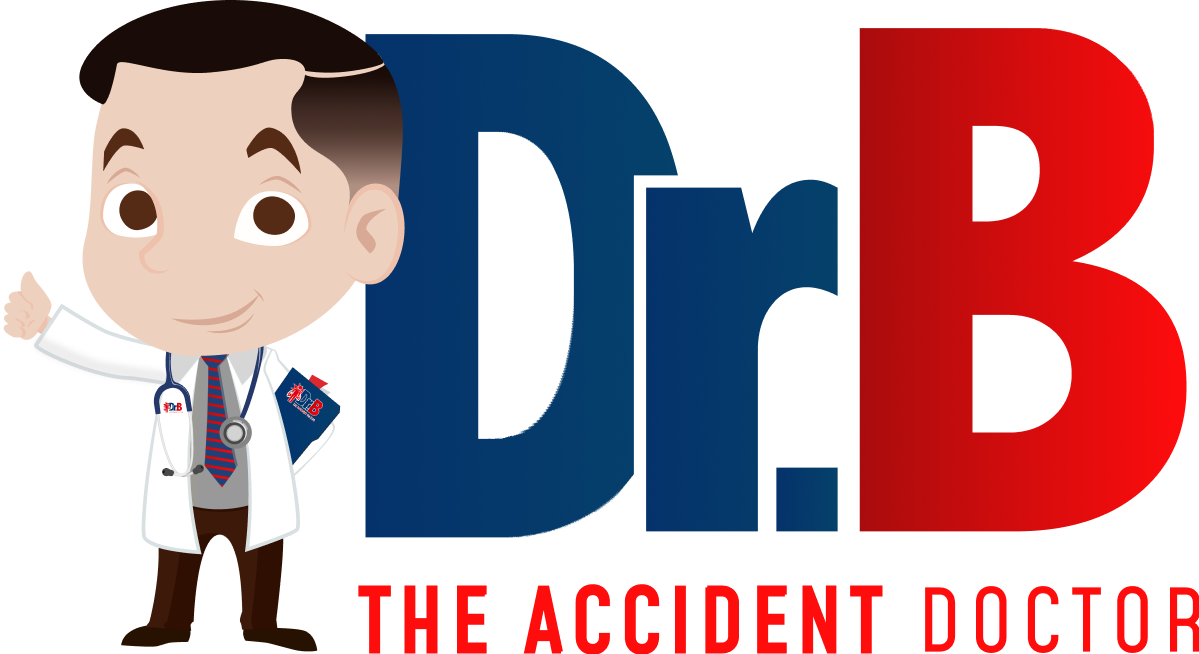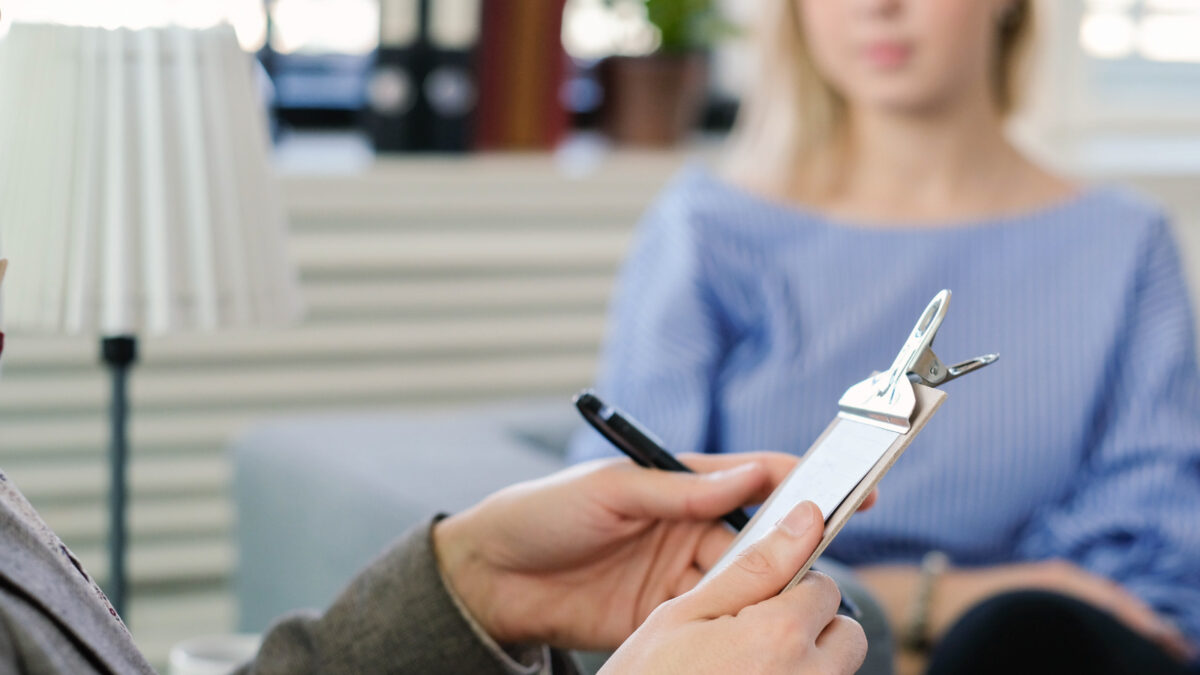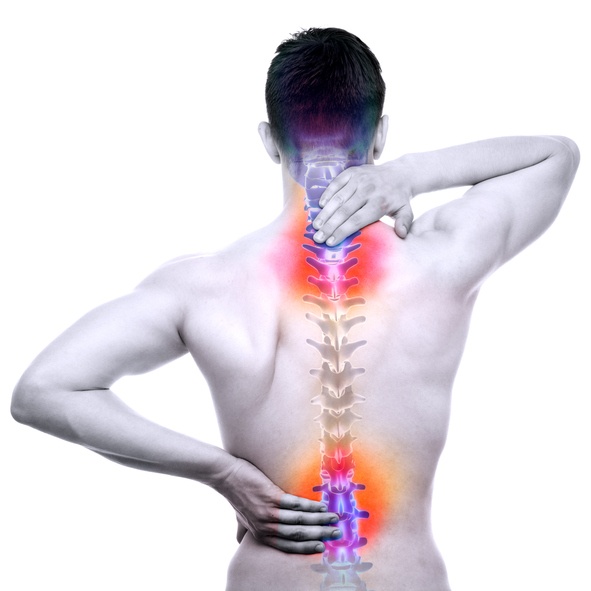How seeing psychologist can help after an auto accident (Part II)
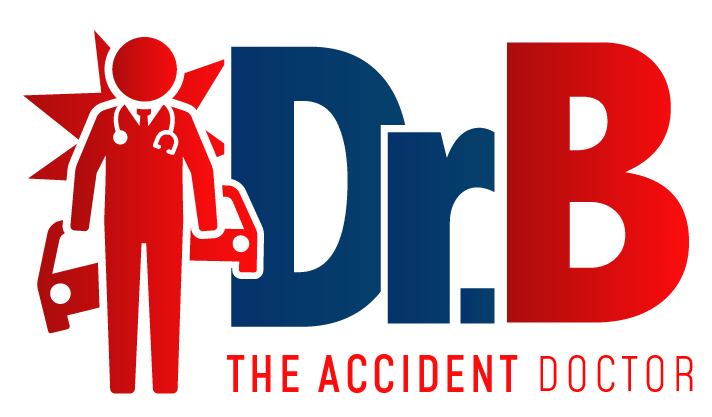
- Abdominal Pain accident at work
- Auto Accident Doctor
- Auto Accident Injury
- autoinjury
- Back Pain brain
- brain injury car accident
- Car Accident Injures
- Car Accident Injuries
- car accidents chiropractic
- care Chiroptactic chronic pain
- Clinica de Accidente de Auto en San Antonio
- Concussion Consult With an Attorney
- San Antonio Chiropractic Care
- utoaccidentinjury
What a Psychologist Does for Car Accident Victims
There are several options for treatment after a car accident, but the first step is a thorough assessment of your physical and mental health.
Before you meet with your psychologist, you might want to keep a journal of your sleep patterns for at least a week. Any information you can tell them about your moods and habits will assist in their diagnostic process.
Neuropsychological Evaluation
If you’ve had severe anxiety or memory problems after an accident, you might benefit from neuropsychological testing. This is a comprehensive examination of your
- verbal and non-verbal reasoning
- memory capacity
- comprehension and processing speed
- focus and creativity
- fine motor skills
While these tests are often given to children who have learning differences, they are also effective for people recovering from accidents. Your psychologist will get a thorough picture of your thought process and overall mental state.
Chronic Pain Assessment
After you get mental health and brain function evaluations, you should get your physical injuries assessed.
It could take weeks or even months for whiplash or back pain to kick in. Again, keeping a journal of your symptoms will be helpful for your doctor. It may also help you get compensation from the insurance companies by proving your injuries are getting worse.
Don’t wait too long to get x-rays, though. Try to get a baseline set of x-rays right after the accident and again every four weeks. This will allow your doctor to see the progression of your injuries.
You have several options for chronic pain management including medication, chiropractic adjustment, and even meditative breathing. Talk to your doctor about where your pain is located, how it’s progressing over time, and whether it’s interfering with your work.
Head Injury Evaluation
Even if you feel 100 percent normal after an accident, you could be harboring a dangerous head injury. You could have burst blood vessels in your head, deep trauma to the brain, or even undiagnosed internal bleeding.
Some common signs of head injuries are
- confusion and disorientation
- trouble speaking
- unexplained exhaustion
- difficulty sleeping
- lack of hand-eye coordination
When you see your psychologist and primary care physician, you might want to bring your spouse or another close relative with you.
They’ll be able to tell the doctors about the symptoms they’ve noticed, making it easier for you to get the proper care.
Mental Health Assessment
After a car accident, expect your psychologist to monitor your mental health for at least one year. They will make sure you don’t return to work until you’re ready and that you’re able to care for yourself at home.
New York is a no-fault state, which means that the insurance companies pay for medical bills and treatment no matter who caused the accident.
There may be time limits for seeking treatment, so make sure you see a psychologist and physical doctor right away after an accident.
Above all, if you see a psychologist who doesn’t take your symptoms seriously, keep looking for one who does. Your health is too important to trust to just anyone.
Which Treatments Work Best for PTSD and Pain?
After you’ve undergone your evaluations, you’ll work closely with your psychologist to create a treatment plan. There are several options for long-term emotional, mental, and physical recovery from a car accident.
Cognitive Behavioral Therapy
Cognitive Behavioral Therapy or CBT is widely used to treat emotional trauma. It works by using rational questioning to disrupt anxiety, depression, and phobias.
If you’re having trouble driving, a therapist might ask you to talk about your anxiety. How do you feel when you’re in the car? What does your anxiety feel like?
What can you do to deal with your anxiety so that you can drive without fear?
CBT isn’t about ignoring or negating your feelings. It’s about exploring them more fully and developing a treatment plan to minimize their impact on your life.
Anxiety after an accident is rational but there has to be a way to move on with your life at some point. CBT can help you find safe ways to get back in the saddle and stay there.
No matter what kind of therapy you end up doing, start small. If you haven’t been able to drive, make your first goal to drive to a local restaurant and get food. Talk to yourself when you’re behind the wheel to calm yourself down or put on your favorite music.
Keep achieving little goals and before you know it, you’ll be able to drive again.
Group Therapy
Support groups are another way to get treatment for PTSD, mental health issues, and chronic pain. Your feelings of isolation will improve once you realize you’re not the only one suffering this way.
The important thing about group therapy is to attend on a regular basis. If you can make a commitment for at least three months, you should be able to make headway on your voyage of recovery.
You don’t have to share your own experience in group therapy, but you might find that it helps you feel better. If you’re having confusion or feeling angry, letting it out can be a great way to heal.
Your psychologist or physical doctor will be able to point you toward local support groups. They may offer group therapy sessions in their offices or you may be able to find a group online.
If you participate in a support group online, make sure that you don’t share your address or financial information. There are free support groups in every language and you shouldn’t have to pay for an informal group.
Medication
While you might not want to start with medication, it is a big part of what a psychologist does. After they assess your situation, they can make recommendations for medications that will help with pain and emotional distress.
Just like with group therapy, regularity is the key to benefiting from medication. If you only take it until you feel better, you’re going to keep sliding back downhill.
Commit to taking your medication until your doctor tells you it’s okay to stop. If you feel like you’re overmedicated, talk to your psychologist immediately.
Some common signs of taking too much medication are
- slurred speech
- inability to wake up to an alarm
- confusion
- feeling faint or short of breath
- trouble standing or walking
Even if you take appropriate medications, you may still feel anxious or depressed. It’s normal to feel that way after a car accident, and no medication can erase your feelings.
What medication can do, however, is give you a little bit of psychological distance from your pain. If you can get a few moments of relief here and there, you will be able to heal more quickly.
How to Get Started with a Doctor Near You
The first step to seeking treatment after a car accident is to find the right doctor. Talk to friends and family about who they would recommend.
If you’re having trouble driving after an accident, you should ask about new telemedicine treatment. You may be able to meet with a doctor online instead of going into the office.
There are also pharmacies that will deliver medications to your home.
What a psychologist does is essential to your recovery. It might be tempting to try to deal with an accident by yourself, but why not seek professional help? You’ll accelerate your healing process by talking about your trauma and getting therapy.
Houston San Antonio Dallas Austin Fort Worth El Paso Arlington Corpus Christi LaredoAmarillo Brownsville McAllen Waco Round Rock New Braunfels Abilene San Marcos Eagle pass Del Rio Odessa

Were you injured in an accident?
Schedule an appointment with us today
Make an appointment today: 210-342-2777
